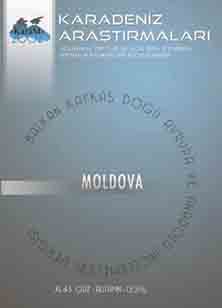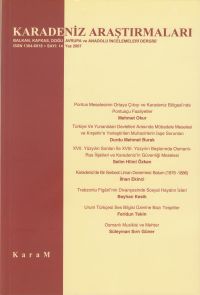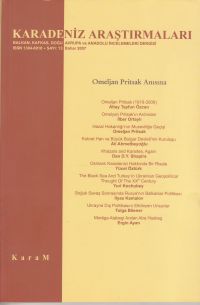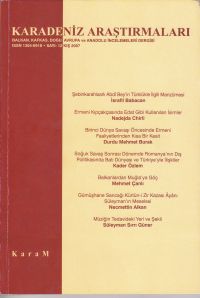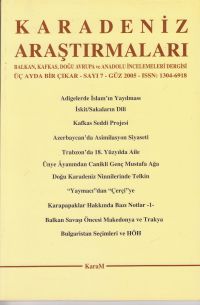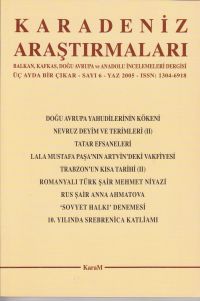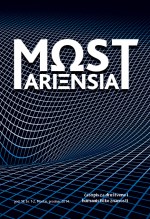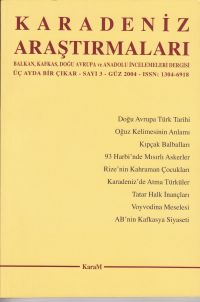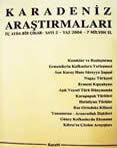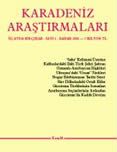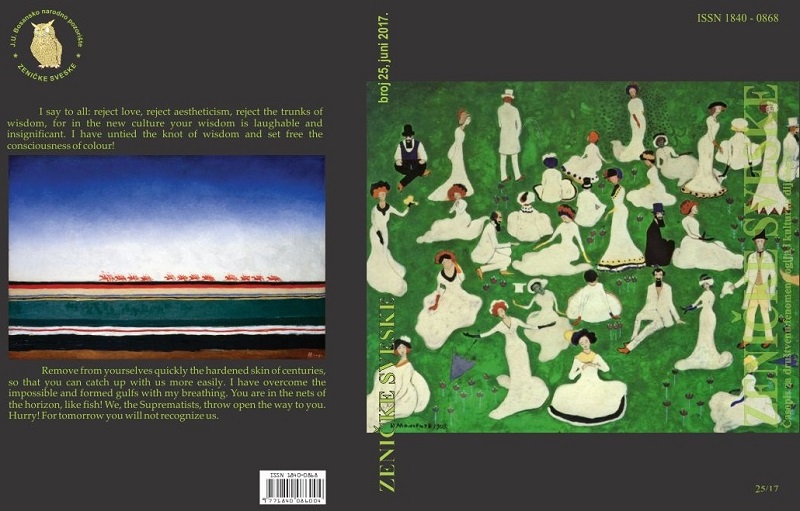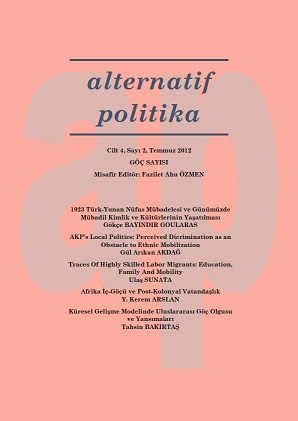
Afrika Iç-Göçü Ve Post-Kolonyal Vatandaşlik
This paper attempts to define the migration movements based on ethnic identity in the Great Lakes region of Africa and the motives behind them. Although these movements, which have lasted from the colonial period, play an important role in the formation of work-oriented, cultural, or political identities, they also appeared as a basis and as a breakpoint in the creation of national identities during the post-independence era. In the process of building national identities, particularly in Rwanda, Burundi, Democratic Republic of Congo, and Uganda, the migrations in the region, the displacements, and the refugee movements stemming from civil wars and ethnic conflicts constituted the main axes of contemporary regional problems. The foundation of the emergence of racial or ethnic classifications, whether intra-society or intersocieties, should be searched for in the replacement of cultural identities based on the division of labour in the colonial period by the more strictly drawn political divisions. By examining the implementations of colonial rule, this paper seeks to analyse the instruments of the reproduction of social and political differentiation in a type of society that generally emerged as bi-polar, such as Rwanda and Burundi. Finally, this study aims to put forth a pattern of regional migration movements.
More...
